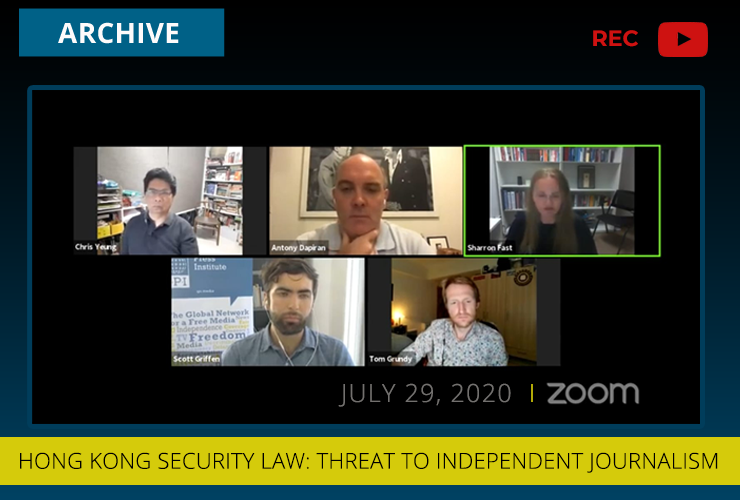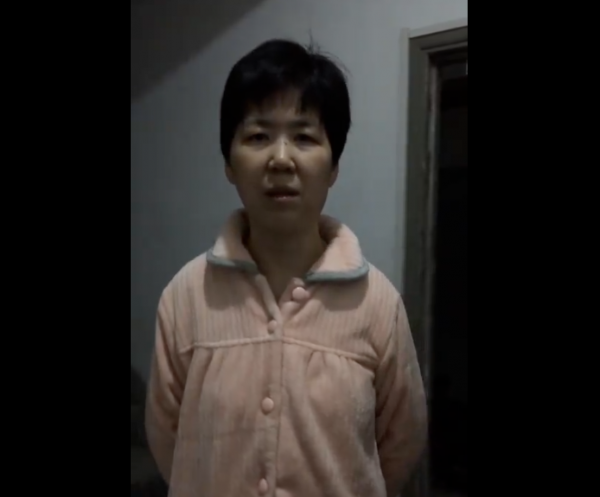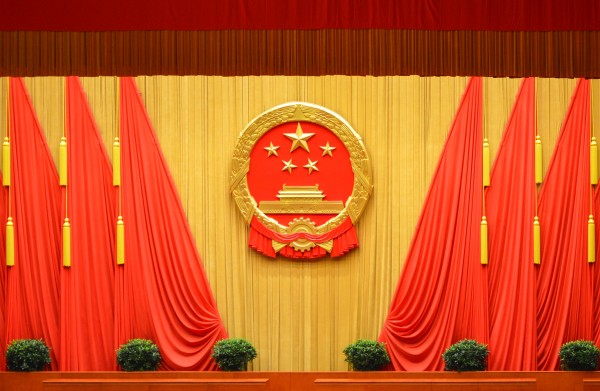One month after its enactment, China’s “national security” law (NSL) for Hong Kong continues to induce an atmosphere of fear and uncertainty.
Passed unanimously by the Standing Committee of China’s National People’s Congress on June 30, the new law’s amorphously defined criminal offenses quelled the protests and unrest that swept the financial capital over the past year, and have cast a chilling effect on press freedom.
The legislation’s 66 articles, which were drafted in secrecy, give Beijing sweeping power over the territory as well as a free hand to crack down on dissent and opposition. Four major offenses in the law — separatism, subversion, terrorism and collusion with foreign countries — particularly worried critics domestically and abroad, who feared the broad conceptualization of these clauses set up traps for journalists and activists which could lead to life imprisonment.
The International Press Institute (IPI) organized a webinar moderated by IPI Deputy Director Scott Griffen with Hong Kong-based journalists and analysts to discern how media in Hong Kong are adjusting to the new challenges. The panel comprised Chris Yeung, chairperson of Hong Kong Journalists Association; Tom Grundy, founder and editor of the Hong Kong Free press; Sharron Fast, lecturer and deputy director of the Master of Journalism Programme at Hong Kong University; Hong Kong-based lawyer and analyst Antony Dapiran
Cautious journalism
According to Dapiran, this law “is really about bringing the entire state security apparatus into Hong Kong and setting up the same structure that exists in the mainland”. He explained that “for journalists, that means the same risk considerations they would take in the mainland, now apply in Hong Kong.”
Beijing will establish its security office in Hong Kong, with its law enforcement personnel operating independently from the local authority’s jurisdiction. This office will be able to send cases to be tried in the mainland, although Beijing has claimed those cases will be few. “Basically, Hong Kong is China”, concluded Dapiran.
A survey conducted by the Hong Kong Journalists Association back in May revealed 90 percent of its members were opposed to the law and feared the impact it would have on their work, according to the chairman of the association, Chris Yeung.
“Not knowing which cases will be tried in the mainland, journalists will now think twice before reporting”, he said.
The first arrest, made one day after the law came into effect, reinforced that notion. According to a tweet by the Hong Kong Police Force, a man was accused of violating the NSL by holding a Hong Kong independence flag. As certain signs and slogans are now illegal under the new security law, it is unclear how journalists can safely report incidents involving them.
“Mainland Chinese officials and Beijing supporters in Hong Kong don’t differentiate between reporting and advocating”, said Yeung. “There was a recent controversy in which Hong Kong’s public broadcaster, RTHK, asked (top WHO official) Bruce Aylward if the WHO would reconsider Taiwain’s membership”, explained Yeung. Following the interview, the government released a statement saying RTHK “had breached the One China principle and the purposes and mission of RTHK as a public service broadcaster”. “This was before NSL”, stressed Yeung. “Now, journalists and editors will be even more cautious.”
Action plan
As local journalists brace themselves for a new era, foreign media outlets are forced to weigh their presence in the city. The New York Times moved part of its offices to Seoul, and others, such as The Wall Street Journal and the French news agency AFP are calculating their next steps. “Weaponization of the visa system in relation to journalists is also expected to be a problem,” said Daprian, as foreign journalists have already been warned of expulsion if they “cross the line” while reporting on the situation
Tom Grundy, founder of the Hong Kong Free Press, a widely read local English-language news site, already feels the impact, and has been racing to set up a backup entity to fall back on should the situation escalate. “Our op-ed definitely died out over the last few weeks”, he said. “But, we are still trying to report on what’s happening, while trying to future-proof ourselves from trouble.”
“Even though our devices are encrypted, and we use secure apps and software, I literally chained our PCs to the desks because there have been some raids in the city.” According to Grundy, donors, readers and sources could all potentially be vulnerable – and the HKFP team has been taking all the necessary steps to protect them. “We’re also considering using anonymous bylines for certain pieces.”
Sharron Fast, lecturer and deputy director of Master of Journalism Programme at Hong Kong University, pointed out what could have been a small comfort in the new law: “There was a lot of talk about whether or not the NSLwill be retroactively applied”, she explained, noting that “on the surface, there is no provision in the law which says it applies to prior acts.” Yet many, including ordinary citizens, have left social media as a precaution, since “police and government officials say evaluating a suspect’s social media would be part of the investigation process”.
While it is still too early to predict the future of media in Hong Kong, Fast said she continues to encourage her students: “This is the story of a generation”, she said. “The city is experiencing the toughest series of events that it has ever known. Journalism students are very busy at the moment, as there’s an important story to be told.”



